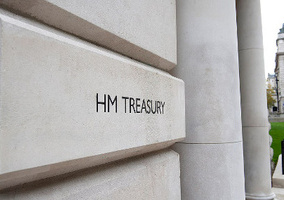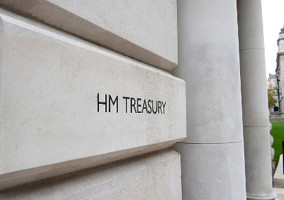William Shawcross, chair of the Charity Commission, said that the regulator is “about to embark on a more formal process” of consulting the sector about plans to introduce a levy to help fund the regulator.
The consultation has been hotly anticipated within the sector, with the regulator often promising that it would launch soon. However the regulator has been awaiting approval from the government.
Yesterday at the Charity Commission’s public meeting in Cardiff Shawcross said that the regulator had been “discussing it with government” and that while the process has not “got off the ground as I would wish, we are about to embark on a more formal process”.
He said that charging charities is “not such a terrible thing”, with smaller charities to be exempt from the fee, and that “most sectors do pay for their regulator”.
Shawcross said that he had some “regret” over charging, but in his view it was “inevitable” to make the Commission sustainable.
“It is something that it is our responsibility to get right to make sure that we are effectively funded for the future,” he said.
‘Flat levy is the Commission’s preferred option’
David Holdsworth, chief operating officer at the Commission, told the audience that the regulator’s preferred option was a levy for charities, rather than charging for particular services, like registering.
“Our preferred model is not to go round charging for specific services,” he said as this would still create quite a bit of “volatility” and it “requires a lot more infrastructure” than a “simplistic levy”.
The Commission said that it considered charities with an income under £100,000 to be too small to pay. Holdsworth said they were looking at a graduated levy system with the smallest charities paying £75 and the largest £1,750.
When asked he said the Commission had no proposals for how to treat charities whose income may be slightly over £100,000 one year due to a one-off payment, but then drop back, but that it could be considered in the consultation process.
Related articles












